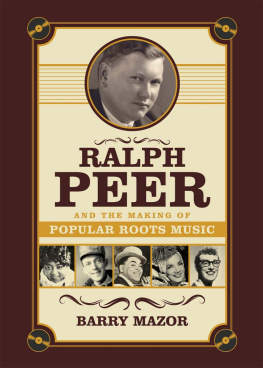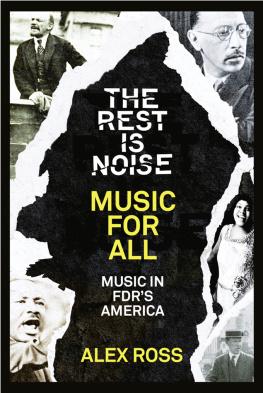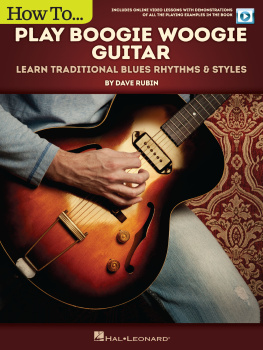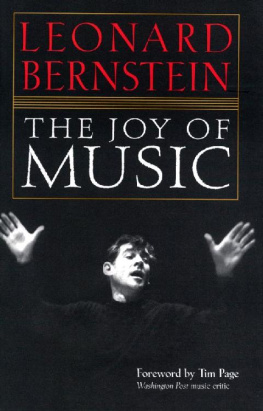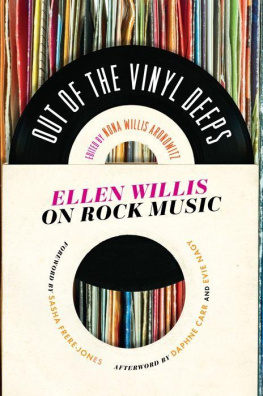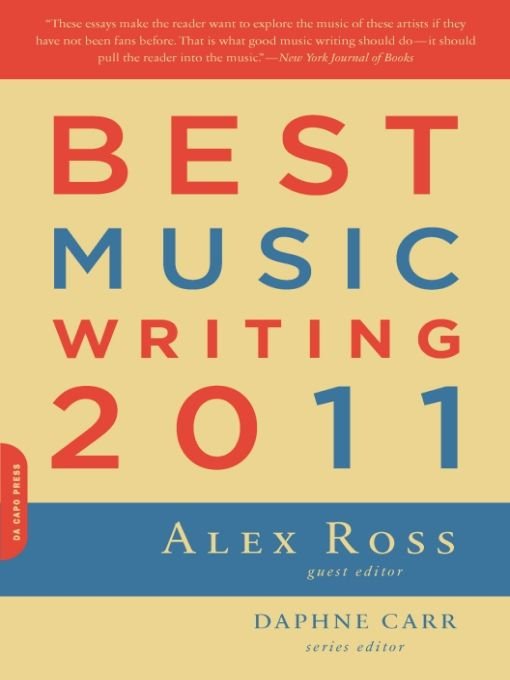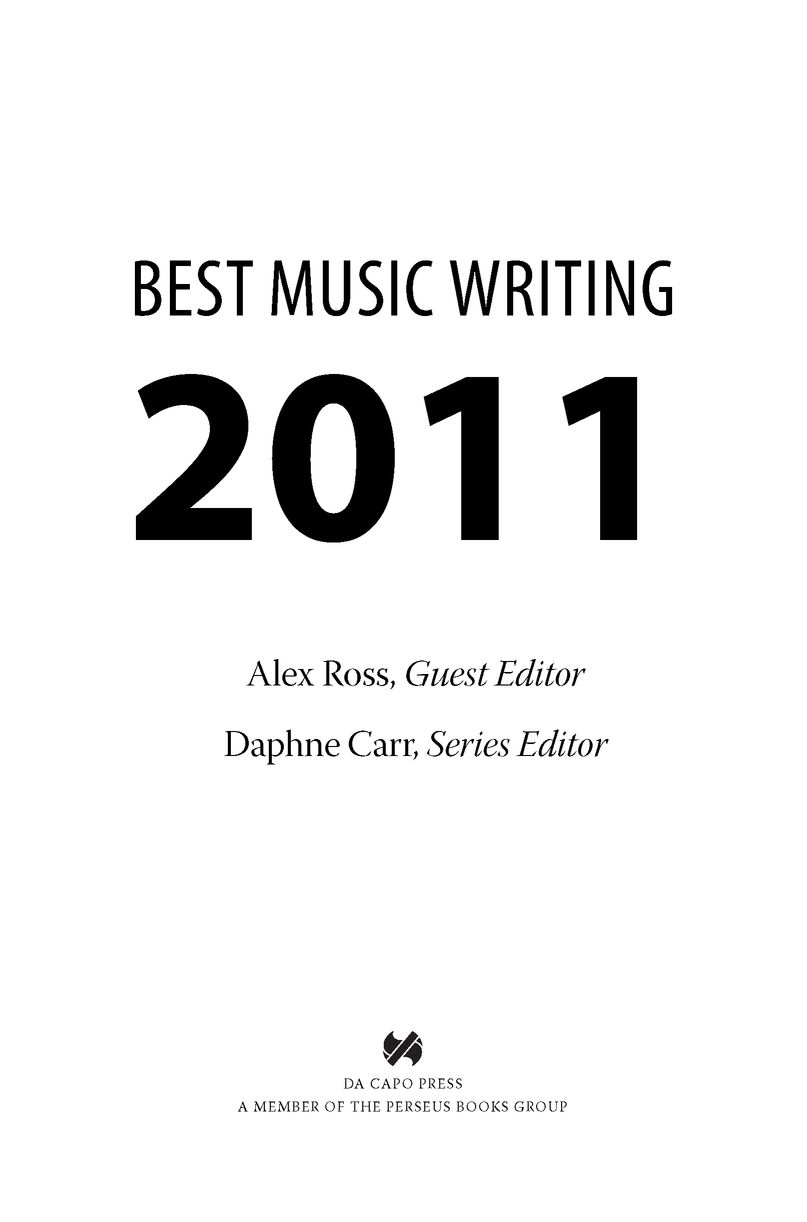Table of Contents
PREVIOUS EDITIONS OF BEST MUSIC WRITING:
BEST MUSIC WRITING 2010
ANN POWERS, GUEST EDITOR
DAPHNE CARR, SERIES EDITOR
BEST MUSIC WRITING 2009
GREIL MARCUS, GUEST EDITOR
DAPHNE CARR, SERIES EDITOR
BEST MUSIC WRITING 2008
NELSON GEORGE, GUEST EDITOR
DAPHNE CARR, SERIES EDITOR
BEST MUSIC WRITING 2007
ROBERT CHRISTGAU, GUEST EDITOR
DAPHNE CARR, SERIES EDITOR
DA CAPO BEST MUSIC WRITING 2006
MARY GAITSKILL, GUEST EDITOR
DAPHNE CARR, SERIES EDITOR
DA CAPO BEST MUSIC WRITING 2005
JT LEROY, GUEST EDITOR
PAUL BRESNICK, SERIES EDITOR
DA CAPO BEST MUSIC WRITING 2004
MICKEY HART, GUEST EDITOR
PAUL BRESNICK, SERIES EDITOR
DA CAPO BEST MUSIC WRITING 2003
MATT GROENING, GUEST EDITOR
PAUL BRESNICK, SERIES EDITOR
DA CAPO BEST MUSIC WRITING 2002
JONATHAN LETHEM, GUEST EDITOR
PAUL BRESNICK, SERIES EDITOR
DA CAPO BEST MUSIC WRITING 2001
NICK HORNBY, GUEST EDITOR
BEN SCHAFER, SERIES EDITOR
DA CAPO BEST MUSIC WRITING 2000
PETER GURALNICK, GUEST EDITOR
DOUGLAS WOLK, SERIES EDITOR
INTRODUCTION
Alex Ross
On February 13, 2011, the jazz bassist, singer, and composer Esperanza Spalding received a Grammy for Best New Artist, besting the teenaged pop sensation Justin Bieber. Seconds after the award was announced, a lively discussion broke out on Twitter. Here are some selections from the first few hours of commentary, with the inevitable racial slurs omitted:
WTF!! Who the hell is Esperanza Spalding??!!? She did NOT deserve new artist of the year!! This is gaayy!
Knock knock. Whos there? Esperanza Spalding. Esperanza Spalding who? EXACTLY.
okay seriously esperanza spaulding isnt even verified on twitter as a real celeb @justinbieber i love you your always the best in my mind :)
Gonna have to go home and download some songs by Esperanza Spalding... really feeling her music.
Ive never heard of Esperanza Fever.
Congrats to Esperanza Spalding. Apparently jazz music is more relevant than billboard chart toppers like @justinbieber and @drakkarnoir.
While I had no clue who Esperanza Spalding was before today (I thought she invented the basketball), anyone who pisses off Bieber fans WINS.
#justin bIeber was ROBBED! Who is esperanza? What impact has she had on pop music or culture? Bieber is truly talented. [Bonnie Fuller, editor]
i dread nothing more when the bland non taste of mainstream americas radar discovers my secret. ESPERANZA SPALDING is too smart for ya. [Questlove, drummer and DJ]
As for the awards... of course I wanted to win. Its been & still is a dream to win a grammy. Was I upset... yes. But I was happy for her also [Bieber himself]
Like most folks on Twitter that night, I thought of Arthur Schopenhauer. The sage of Frankfurt had many good points to make about the blind striving of the will and the joy of self-obliteration, but he missed the mark when he stated that music is in the highest degree a universal language. On certain sunny days, music does make the people come together, but nearly as often it seems to tear them apart. The most popular artists can also be the most lustily hated. In some ways, this is as it should be. Just as we would not want to live in a world that adhered to one language, one political system, or one mode of religious belief, we would not want to live in a world that imposed a single musical taste. Totalitarian regimes have in common an urge to foist such concepts on the population.
Almost twenty years ago, the ethnomusicologist Mark Slobin published a brilliant short book titled Subcultural Sounds: Micromusics of the West. In it, he proposed the existence of a superculturea ubiquitous but nebulous zone that he associated with the usual, the accepted, the statistically lopsided, the commercially successful, the statutory, the regulated, the most visible. He then set about studying how myriad subcultures jockey for position, rise to popularity, define themselves in opposition, or fuse with other forms. Slobins analysis is even more pertinent in the fractured, late-digital age than it was in the early nineties, which now look vaguely Amish in retrospect. With the rise of the Internet and the decline of the record business, the superculture has lost some of its mojo. In the summer of 2010, the blogger Proper Discord noticed that the top-selling album in America that weekKaty Perrys Teenage Dreamhad been purchased by only one in sixteen hundred U.S. consumers. A certain number of miscreants may have obtained the music by other means, but the aggregate of listeners fell far short of a majority. All music is subcultural; no music is everywhere beloved.
The withering of the mainstream seems a recent development, something thats come to pass since the Internet arrived. For the writer Nancy Griffin, whose haunting portrait of Michael Jackson appears in this collection, the release of the Thriller video, in December 1983, feels like the last time that everyone on the planet got excited at the same time by the same thing. Well, almost everyoneI was ignoring pop, and getting excited about the prospect of seeing Leonard Bernstein conduct Mahlers Resurrection Symphony. Admittedly, I was a peculiar case, but the superculture has never enjoyed total domination, and it has existed only as long as electronic media have enabled a mass public for music to exist. It began, effectively, when Caruso sold a million copies of Una furtiva lagrima in the first years of the twentieth century. Before then, it was physically impossible for everyone on the planet to get excited about the same thing. Now, digital culture is atomizing the market once again.
So how do you map a micromusical landscape? Is there a universal language of criticism that can be spoken across the borders of genre? Those questions kept coming up as I worked with Daphne Carr to assemble the articles in this book. We hoped to bring in as many different worlds as possiblemore than we were finally able to accommodate. Yet we wished to avoid producing a Tower-of-Babel experience in which stalwarts in various fields shouted trivia at each other without engaging the casual listener. What excited us were pieces that led the reader into an unfamiliar realm or marked new paths on well-trod groundpieces that assumed no prior knowledge, only a spark of curiosity. Obviously, much excellent music writing fails to fit that description: reviews written for fellow fans, analyses composed for fellow experts, all-out blog wars deploying armies of straw men. But, for the most part, such work doesnt appear here. Youll have to go elsewhere for your Vampire Weekend smackdowns or your pro- and anti-Marsalis screeds. We didnt look for articles by and for insiders; we wanted writerly seductions.
As one who dwells in the classical shadowlands, I face the challenge of hooking the distracted reader every time I unsleep my computer, and, needless to say, I fail more often than I succeed. From time to time, I find myself sitting on the subway next to a commuter whos flipping through The New Yorker, seeking something to occupy his attention between Columbus Circle and Penn Station. He happens upon one of my articles and looks at the headline. Oh jeez, not a piece about


